
While the exact cause for Breast Cancer is still unknown, certain lifestyle choices have been proven to put us at risk for the disease. Most types of breast cancer are Estrogen-related. This is why many of the risk factors we can control involve keeping your estrogen levels low.
Risk Factors For Breast Cancer You Can Control:
- High Fat Diet: Â Healthy bodies need fat, but research suggests that eating a diet high in fat increases the risk of breast cancer. Keep your saturated fat intake to 20 grams or less per day and avoid trans fat completely.
- Obesity: Â Fat cells in the body store high levels of estrogen, which increase the threat of breast cancer. maintaining a normal body weight is very important in decreasing your risk.
- Exercise: Â 30 minutes of moderate physical activity per day can help decrease your body fat percentage and the amount of estrogen in your body. It also strengthens your immune system, which stimulates your body s ability to recognize and eliminate early cancer cells.
- Alcohol: Â Studies show that drinking alcohol even just one drink per day increases your risk for breast cancer. And it doesn’t matter what alcoholic drink you choose. They all impact your risk for developing breast cancer.
- Smoking: Â Smoking exposes the body to carcinogens and accelerates cancer tumor growth. Studies indicate that people who smoke during their teen years significantly increase their risk for breast cancer compared to people who don't.
Risk Factors For Breast Cancer You Can not Control:
- Gender
- Family history
- Breast density
- Abnormal or mutated genes
- Aging
- Age at first menstruation/late menopause
- Previous breast cancer history
- Late pregnancy or no pregnancy
- Environment
Facts & Myths:
Does Breast Cancer Only Occur In Older Women?
No. While it s true that the risk of breast cancer increases as we grow older, breast cancer can occur at any age. The American Cancer Society has found that women between the ages of 20-24 have the lowest rate of diagnosis, while women aged 75-79 have the highest incidence rate.
Is Every Lump That I Discover In My Breast Cancerous?
No. According to the medical literature about 80% of breast lumps are benign. If you discover a lump in your breast or any change in your breast tissue, it is very important that you bring it to the attention of your doctor.
If One Of My Family Members Has Breast Cancer, Will I Definitely Get It?
No. The majority of women who have breast cancer have no family history. However, your risk is slightly higher than someone who has no family history, and this risk increases with the number of first-degree relatives (mother, sister or daughter). You must be even more attentive to your breast health. It is important to inform your doctor about your family history.
Will Taking Birth Control Pills Put Me At Higher Risk For Breast Cancer?
Maybe. The birth control pills that are on the market today have very low levels of estrogen, or no estrogen at all. It is currently unclear how birth control pills affect your risk for breast cancer. If you plan to be on birth control pills for five years or more, your risk may increase. This is something you should discuss with your doctor.
Does Wearing An Under-wire Bra, A Tight Bra, A Sports Bra, Or Even Sleeping With A Bra On Cause Breast Cancer?
No, none of the above causes breast cancer. Although it may cause temporary discomfort, the idea that constant pressure on the breast causes trauma is not true. Nor does it impact the lymphatic system.
Do Antiperspirants Cause Breast Cancer?
No. Researchers have not found any evidence linking the use of underarm antiperspirants or deodorants with the development of breast cancer. Studies show that the ingredients in antiperspirants do not clog the lymph nodes and do not hinder the body from releasing toxins.
If I Have Large Breasts, Am I At A Higher Risk For Breast Cancer?
No. Breast size does not play a role in the risk of developing breast cancer.
Do Breast Implants Cause Breast Cancer?
No. However, depending on whether the implant is inserted in front or behind the pectoral muscle, breast implants may make a Breast Self Examination difficult. Implants may also make it harder for a doctor to interpret a mammogram.
Does Sun Exposure Increase The Risk For Developing Breast Cancer?
Vitamin D, which we get through sun exposure, is known to be beneficial to our health. Many believe that vitamin D from the sun and other places, may in fact lower your cancer risk. Although it is well known that prolonged exposure to the sun can cause skin cancer. Can A Woman Who Has Just Given Birth, Breast Feed A Baby If She Has Breast Cancer? A child who drinks from a cancerous breast will not get cancer. However, a cancerous breast will not produce much milk. Women who are receiving treatment for breast cancer should not breastfeed.
Can Men Get Breast Cancer?
Yes. Although women are at a much higher risk, the National Cancer Institute reports that approximately 1700 men per year are diagnosed in the United States.
Breast Cancer Early Detection
We believe that breast cancer early detection is best accomplished through a three-pronged approach :
- Monthly Breast self-exam beginning at age 18
- Yearly clinical breast exam
- Breast imaging such as the yearly Mammogram for women over 40.
Educating yourself and practicing these methods at the appropriate age levels will put you in a position of strength.
Topic: blog breast surgery



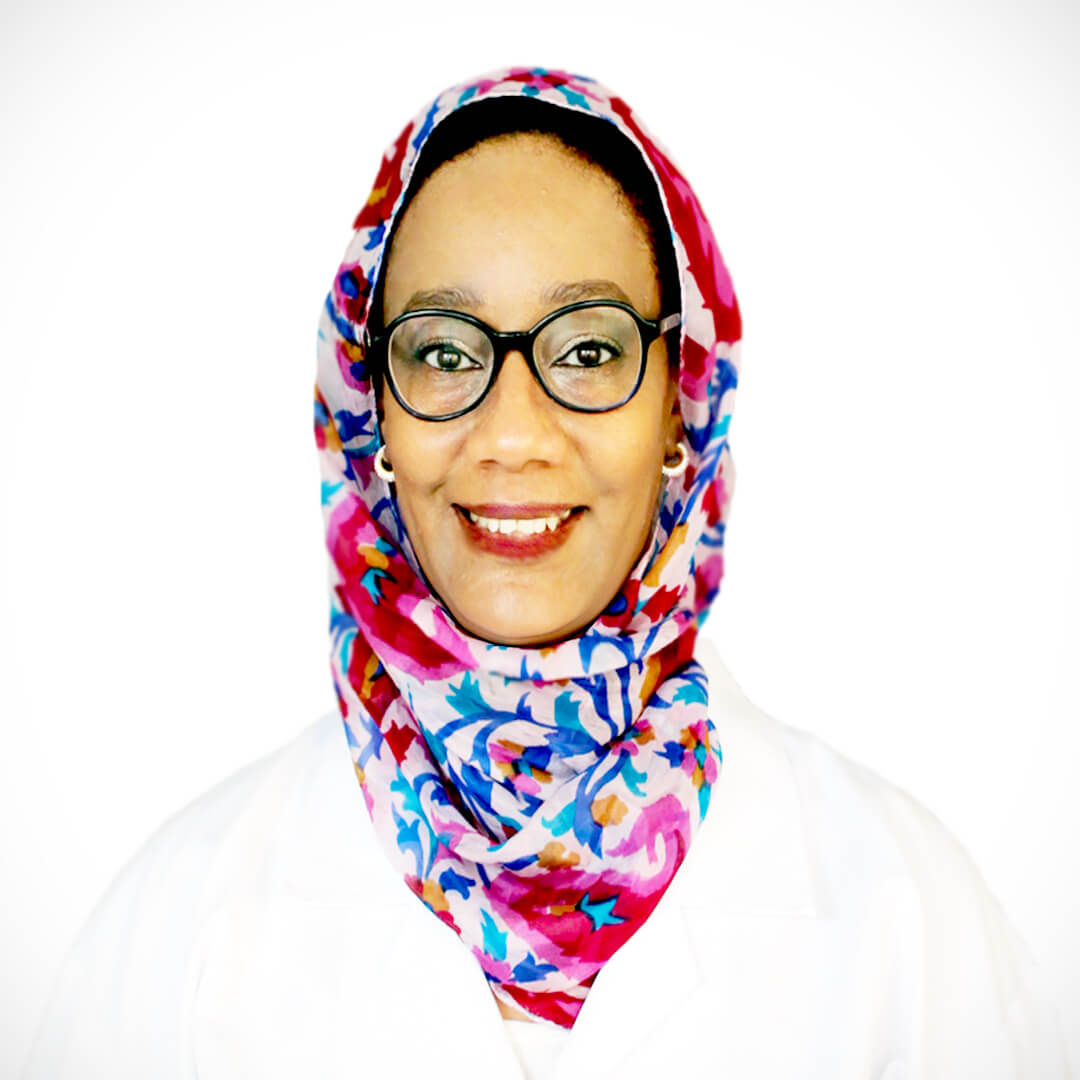
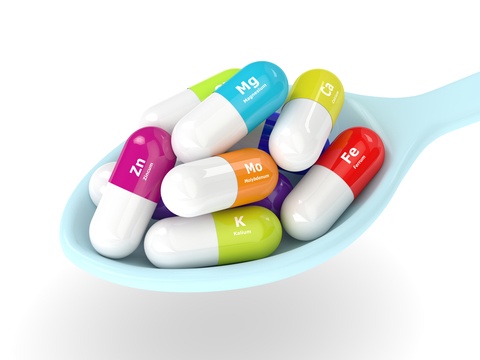
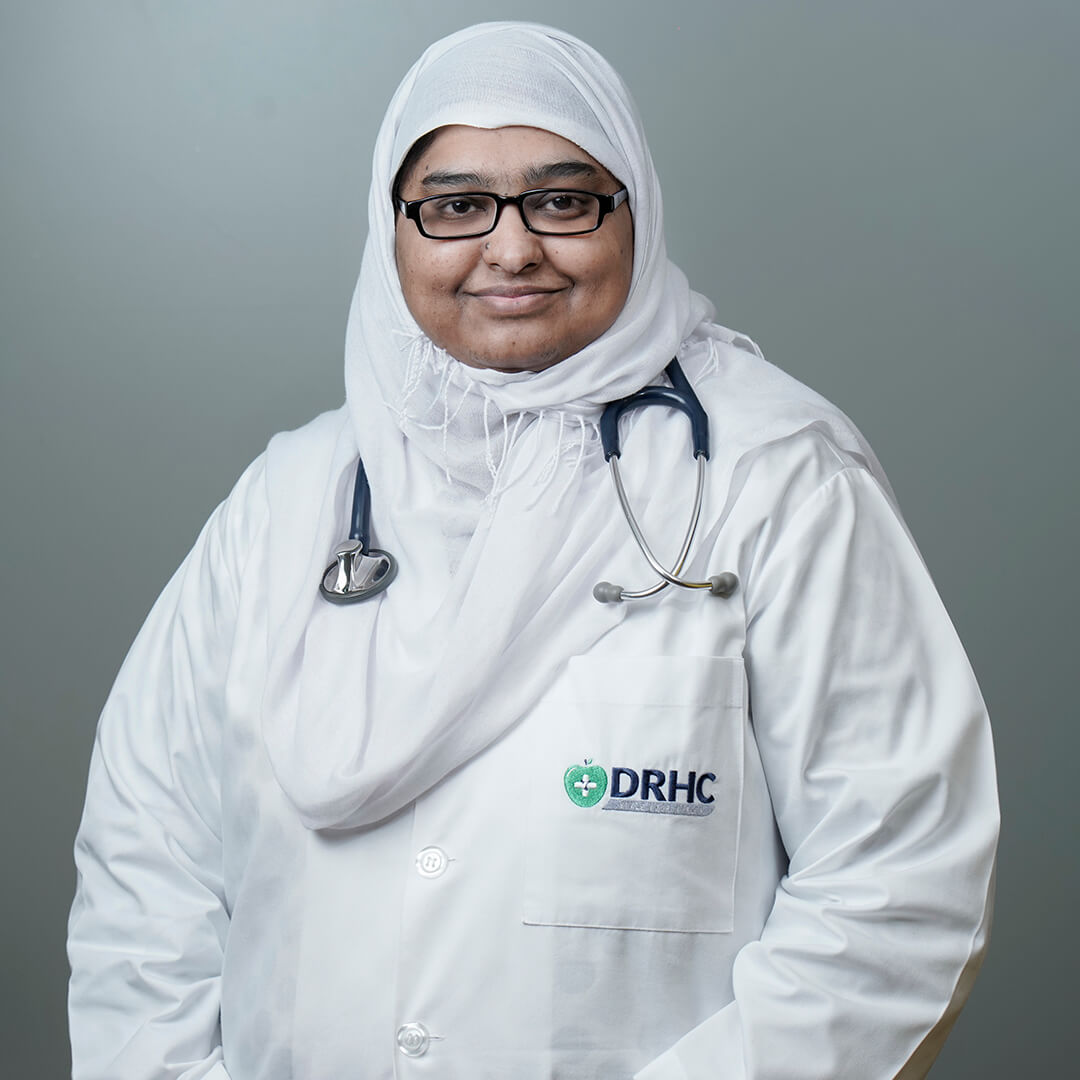
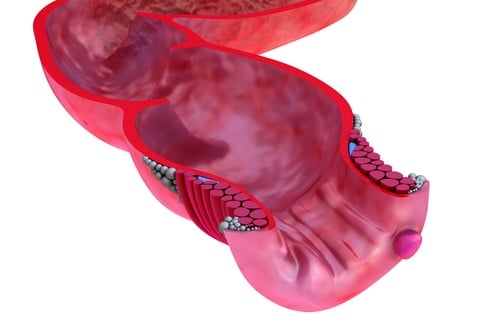
.jpg)
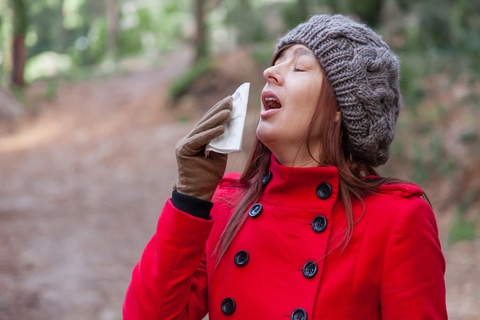


Leave a comment